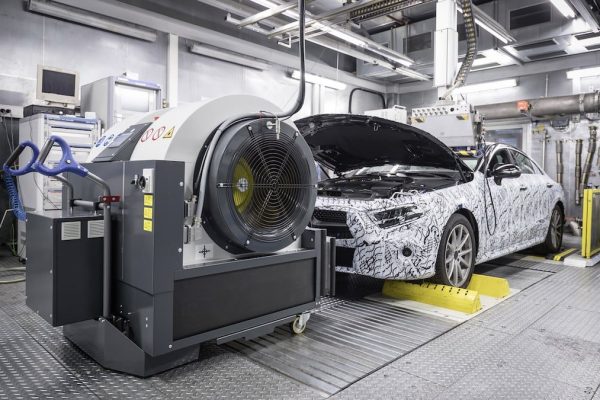why choose ats group?
ATS Group is a group of companies operating in the field
of Inspections, Certifications and Type Approvals in the Automotive sector.
ATS Group, through its companies designated by e24 and e5 marks, is able to issue the type approval of complete vehicles.
With the type approval Approval Authority designations (E57), (E5) and (E24) ATS Group is able to carry out approvals of components, systems and technical units of vehicles in general.
ATS Europe, as a Certification Body accredited under ISO 17021-1: 2015 as a Certification Body for Quality Management Systems under ISO 9001: 2015, has become a leading company in the field of certifications.
The test laboratories affiliated with ATS Group are ISO 17025 accredited, ensuring reliability, accuracy, and compliance with international standards.

ats app
Our proprietary online platform can manage the whole approval process, fron the quotation till the direct download on the final Type Approval Certificate.
ATS Group offers competitive prices and fast turnaround times, ensuring an efficient and high-quality service to meet customer needs promptly.















